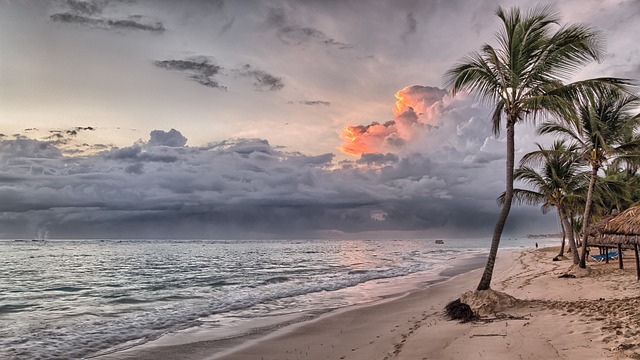On August 7, 1942, American forces launched their first offensive against Japan against the island of Guadalcanal in the Solomon Islands. Because the Japanese were not ready for the landings, the U.S. Marines quickly established a beachhead. The Americans discovered for the first time the persistence and aggression of the Japanese soldier as the Japanese retaliated with a vengeance. Whatever lessons the army forces may have learnt from the fall of the Philippines were disregarded, leaving the Marines to face an opponent of unanticipated intensity. The ancient Bushido warrior's code, which stressed that winning was crucial and that giving up was never an option, was used to teach the Japanese military.
In the Pacific War, the battle for Guadalcanal was one of the longest. After the Japanese achieved an early naval victory, the United States was compelled to stop supporting the Marines stationed on the island. Surrender was not an option because the Japanese frequently dispatched troops from bases further up the.
Solomon's chain, and they bombarded American outposts with their fleet. In the end, the Americans prevailed thanks to a tenacious air defense and a force of Marines that was even more tenacious, and the island was deemed secure in February 1943.
For Americans, fighting in the jungle was a novel experience, but it persisted in the subsequent conflicts in the Solomon Islands. Marines launched an assault on New Georgia in July 1943 before moving up the chain to Bougainville, the largest island, on November 1. Most of the airfields had been taken by Christmas, and by mid-January 1943, army occupation forces had taken over from the invading marine forces and finished the job. New Britain, the location of Rabaul, the greatest Japanese station in the Southwest Pacific, saw Christmas landings as well. Only a third of the island was captured by the Americans after three months of battle in the jungles, but with airfields at their disposal, they were able to batter the Japanese defenses and isolate the garrison.

References:
Dunnigan, James, and Albert Nofi, Victory
at Sea (New York: Morrow, 1995); Leckie, Robert,
Strong Men Armed (New York: Random House,
1962); Morrison, Samuel E., The Two-Ocean War
(New York: Little, Brown, 1963).
Posted using Proof of Brain





